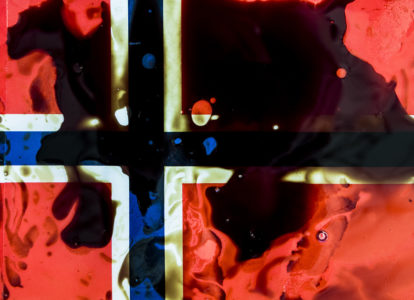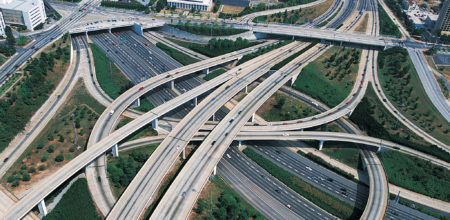Month: November 2020
Oliver Ressler deals with alternatives to capitalism, the global economy, migration and resistance. His focus on the climate crisis goes back to his 1996 installation, 100 Years of Greenhouse Effect, inspired by Swedish scientist Svante Arrhenius’ (1859-1927) writings on global warming as well as more recent work on sustainable development. Increasingly interested in the climate movement and its civil disobedience actions, he began to document the protest activities. Everything’s coming together while everything’s falling apart (2016-2020) is a 6-channel video installation focused on direct action and how such protestsare being organized. His work also aims to counteract the dominant media…
Berlin-based artist Kat Válastur presents her 2016 choreography OILinity, which was inspired by her time living in Baku, Azerbaijan, for six months. She discovered that in Baku everything was defined by oil and that her own body was defined by it too. Drawing a parallel between oil consumption and blood, “it was as if blood was consumed by oil”. OILinity reflects on this relationship by metaphorizing oil with black bile. Black bile is produced by our organism and represents melancholia in European thought going back to the Ancient Greek concepts of humours. While we produce bile, the earth produces oil.…
Heather Davis shares some ideas about our relationship with plastic which she theorises in her forthcoming book, Plastic Matter. She argues that while our tangible contact with crude oil is almost non-existent, our relationship with plastic is intimate, as plastic is present in our food and in our clothes, for example. Today, plastic is embedded in our culture – it is everywhere. Micro-plastics are pervasive in our environment. What does it mean to have our planet coated in these molecules? In contrast to Amanda Boetzkes’ research, which focuses on the notion of waste and its relationship with capitalism, Heather’s has…
Benjamin Steininger introduces Erdöl: Ein Atlas der Petromoderne? (Matthes & Seitz, Berlin 2020) , a forthcoming book with 43 essays presenting a broad panopticum of various technologies, geographies and cultural practices connected with and based on oil. One essay in the book is called “Black Mirror”. Chemists investigate the reflection and optical activity of oil, but also cultural theorists are interested in this reflection. Yet what do we see? What can we see? What can we learn about our own subjectivity through oil? It is crucial to turn to the medium itself to address those questions. One tool to open…
Imre Szeman begins his presentation “Oil, Coronavirus and the Promise of Green Futures” by identifying three key notions which underlie his talk about the impact of the COVID-19 pandemic on energy futures: Oil, COVID-19, and Green. He tells us that he will be paying special attention to the narrative of transitioning which has emerged with the advent of the pandemic. Is COVID-19 accelerating the transition to a green and sun-powered world? And if so, how? COVID-19 has created room for some promising developments, hard to miss for anyone concerned with the planet. Yet the message that COVID-19 was a stroke…




